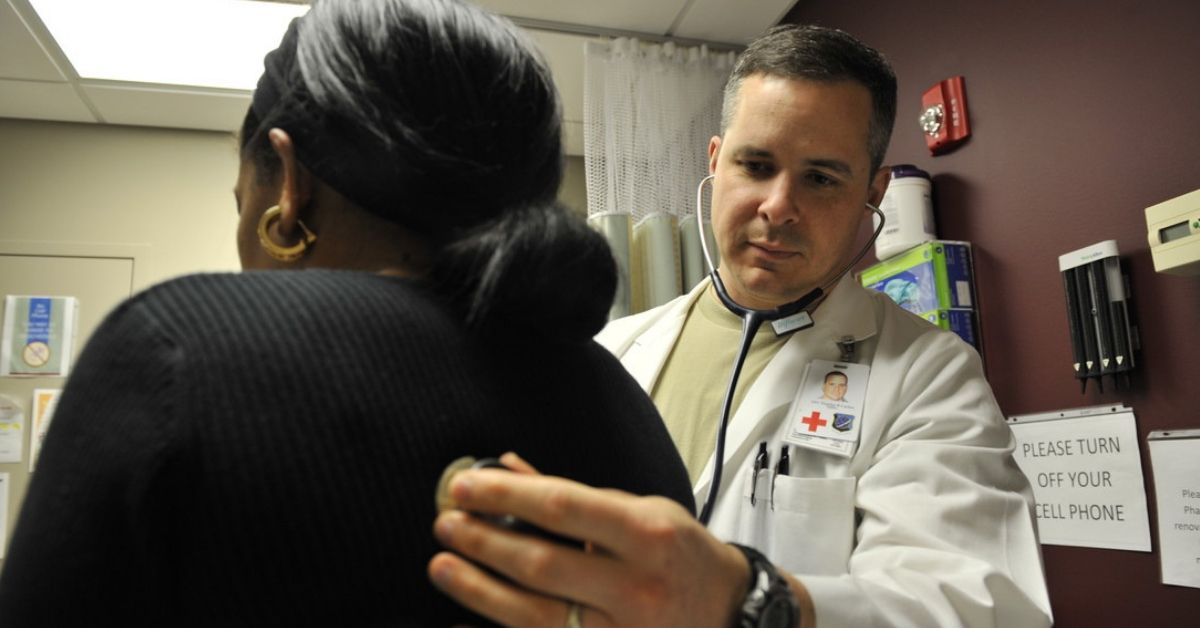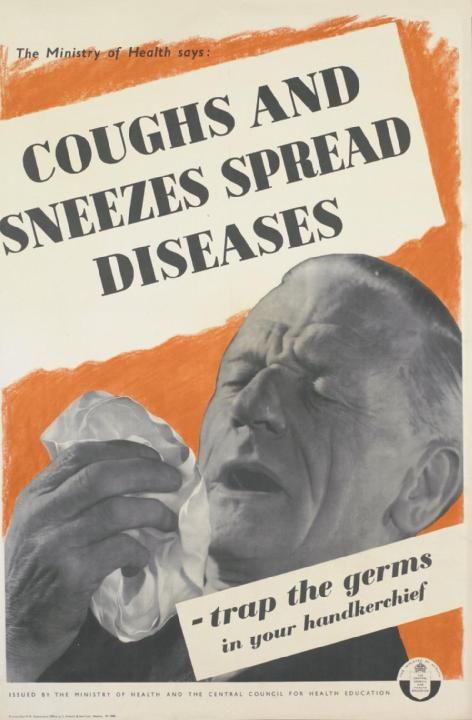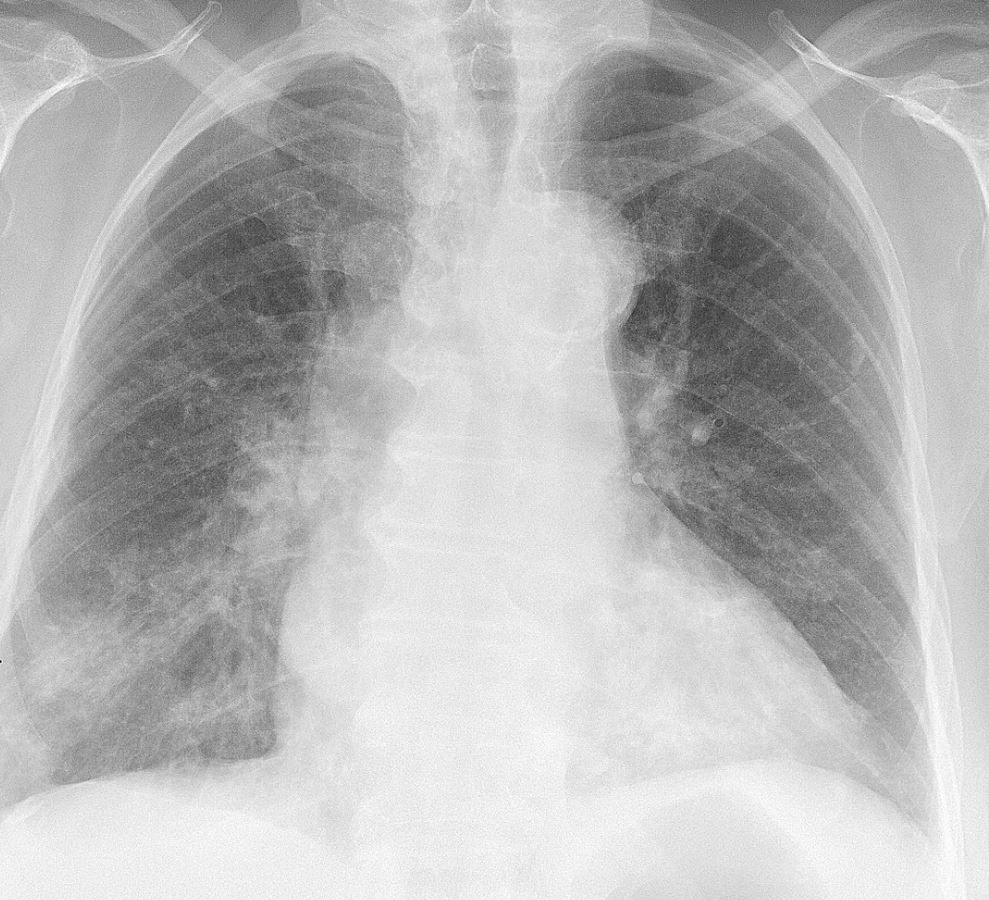As we make our way into the colder months, we know that the season shouldn't really be called "winter," it should probably just be called "cough and cold season."
No matter how much you prepare, taking vitamins in an attempt to keep that immune system healthy, chances are you're still going to end up catching a cold.
For most of us, the sniffles and sore throats go away after a few long days, but some people find that the cough lingers longer, lasting weeks or even months.
While some people will be quick to go to the doctor and get it checked out, others can be a little hesitant, thinking that the annoying tickle in their throat is no big deal. But how can you really tell when it's something more serious?
When should you see a doctor about a cough?
You should never ignore your health, especially when it comes to your ability to breathe. But the general rule of thumb when it comes to booking a doctor's appointment is that if any of the following checklist are happening to you, you should see a doctor ASAP.
- Cough lasting three weeks or longer
- Fever over 102 degrees
- It's becoming so hard to breath that you can't talk or walk
- Skin turning blue or pale
- Can't swallow food and becoming dehydrated
- You start feeling very tired
- There is any "whooping" sound when you cough
- If wheezing accompanies the coughing
What do the different types of coughs mean?
The cough itself is actually a good way to evaluate the situation. You might be able to narrow down the potential issue by listening to the sound of the cough, knowing how long it has been going on, and even by the feeling of it.
Take a look at these common types of coughs so you have a better idea what's happening inside your body.
Dry Cough:
What is it?
A dry cough has little to no mucus that comes up when you cough, feeling more like an itch or a tickle in your throat that triggers the hacking and coughing. They tend to go on a long time, and may result in a coughing fit that takes forever to stop.
Why is it happening?
A dry cough is usually caused by an infection or inflammation in the respiratory tract. They are commonly associated with the flu and colds, which means they take forever to clear up.
Other causes of dry cough:
- Laryngitis
- Tonsilitis
- Sinusitis
- Asthma
- Allergies
Wet Cough:
What is it?
Wet coughs are always very gross to have to deal with because of the mucus that comes up as you cough. Like a dry cough, they are commonly associated with colds and the flu, but they are usually accompanied by a runny nose, fatigue, and a lot of congestion.
It will likely feel like there is something dripping in the back of your throat, caused by the mucus.
Why is it happening?
The mucus in your respiratory system is trying to get cleared out, and it will use all your airways to make it happen.
Other causes of wet cough:
- Pneumonia
- Chronic Obstructive Pulmonary Disease (COPD)
- Bronchitis
- Asthma
Paroxysmal Cough:
What is it?
A paroxysmal cough is probably not a phrase you hear often, but it's describing those types of coughs you get that feel violent and uncontrollable. They can be very painful in your chest, and make it hard to catch your breath.
Why is it happening?
The violent coughs are usually caused by some kind of bacterial infection. They are often associated with Pertussis (AKA Whooping Cough), and because the episodes go on so long and force the lungs to expend all their air, the frantic inhale will often be accompanied by a loud "whoop" sound.
It can be very contagious, and is a common concern in babies. But it isn't the only reason that a Paroxysmal cough may be happening.
Other causes of paroxysmal cough:
- COPD
- Asthma
- Pneumonia
- Tuberculosis
Source - Healthline / BT / Very Well Health
Clearly, a lot of the causes of coughs tend to be the same no matter what the symptoms are, which is why it's so important that you see a doctor as soon as you realize that it's persisting and affecting you more than a simple cold.





